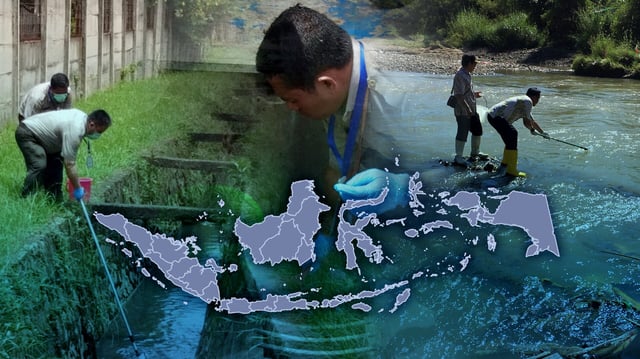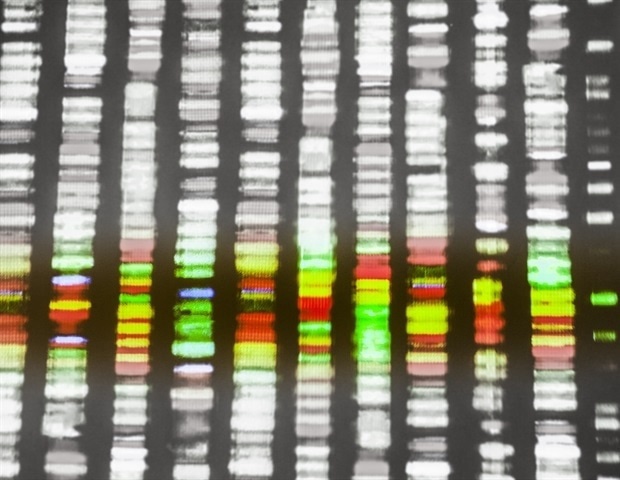Overview
- Researchers from the FAO, Indonesia’s Ministry of Agriculture and Arizona State University deployed MinION devices across six Greater Jakarta slaughterhouses to integrate portable sequencing into national AMR monitoring.
- Analysis of wastewater and nearby rivers showed antibiotic-resistant E. coli consistently in effluent and at higher concentrations downstream, indicating wastewater as a transmission route.
- The MinION accurately identified resistance genes and virulence factors on mobile plasmids with results matching conventional laboratory systems.
- Findings confirm that untreated or poorly treated liquid waste from slaughterhouses introduces resistant bacteria into aquatic ecosystems used by communities and wildlife.
- Team members plan to expand handheld sequencing to farms and wet markets to strengthen Indonesia’s One Health framework and enhance real-time surveillance

